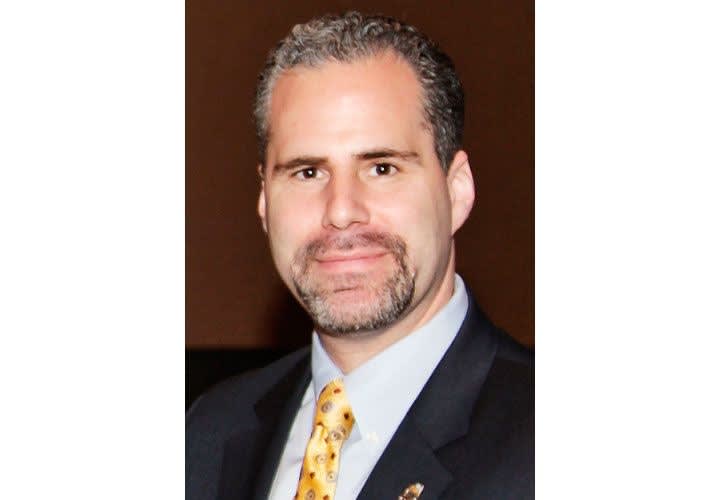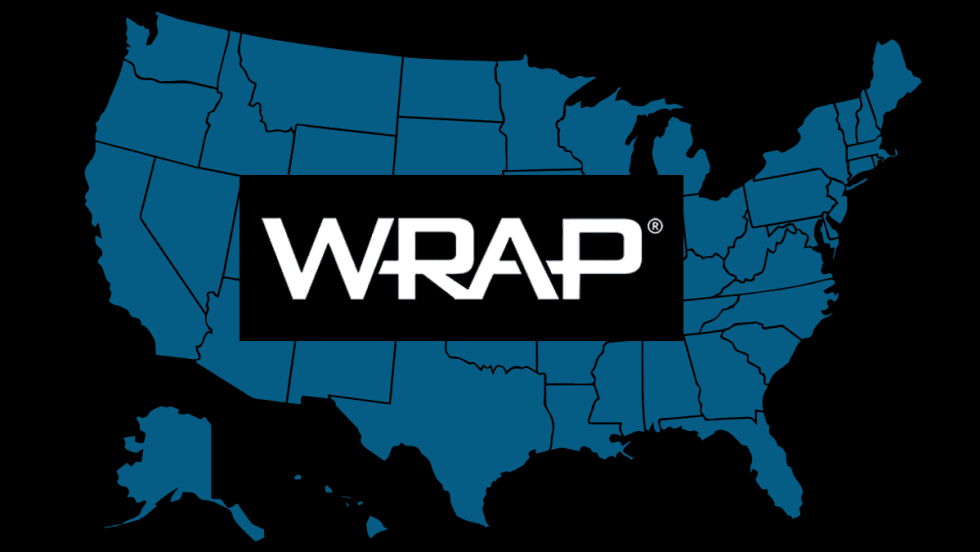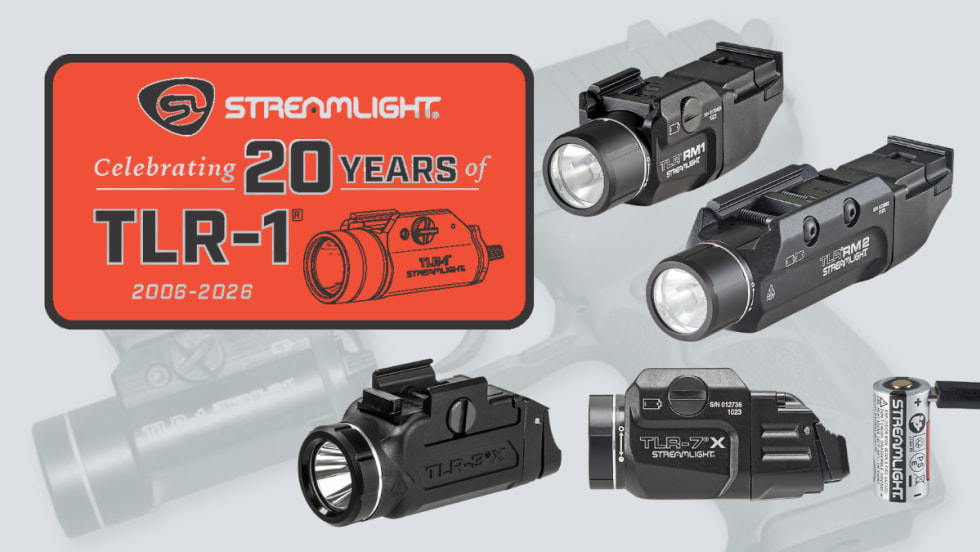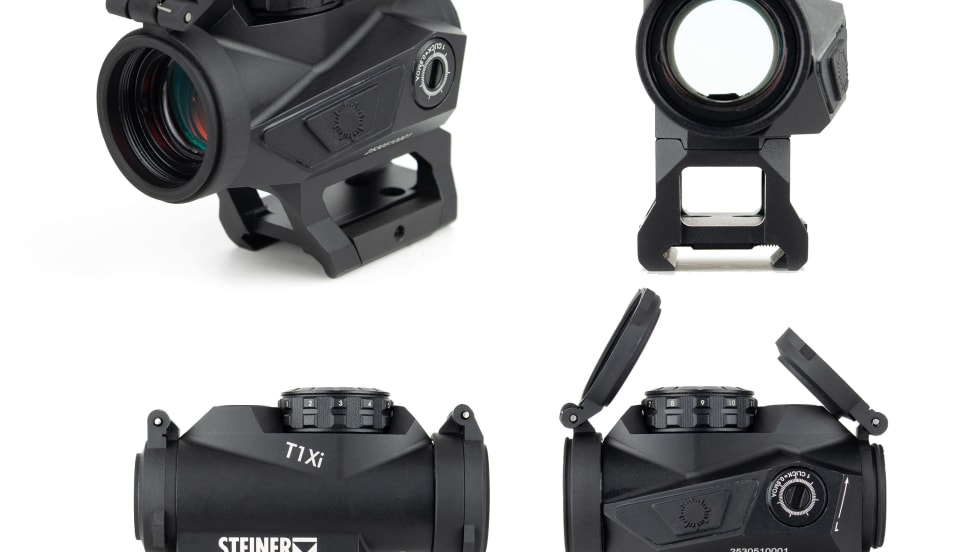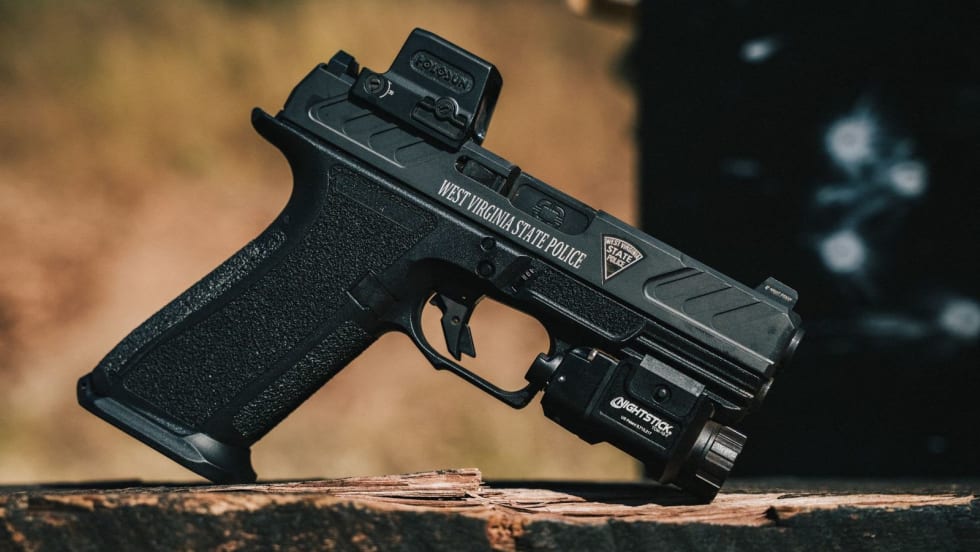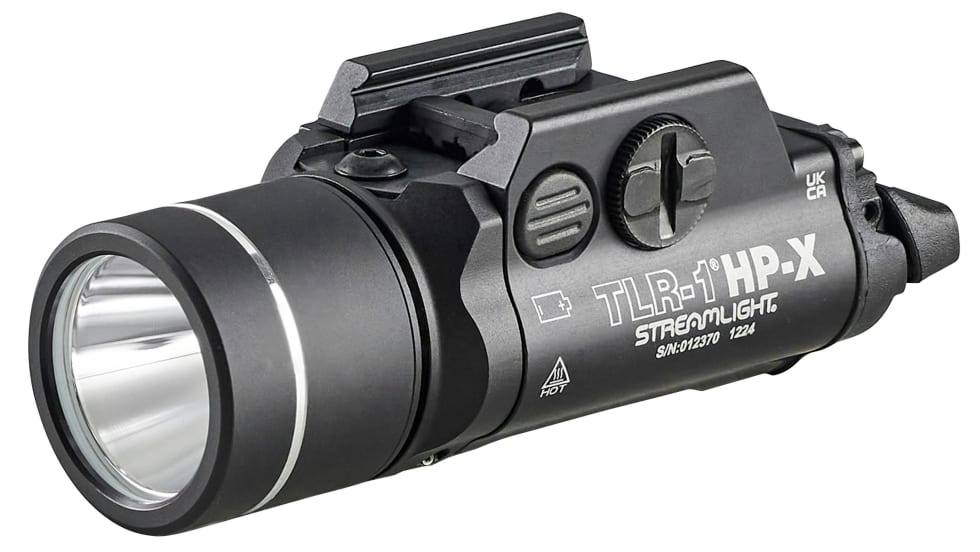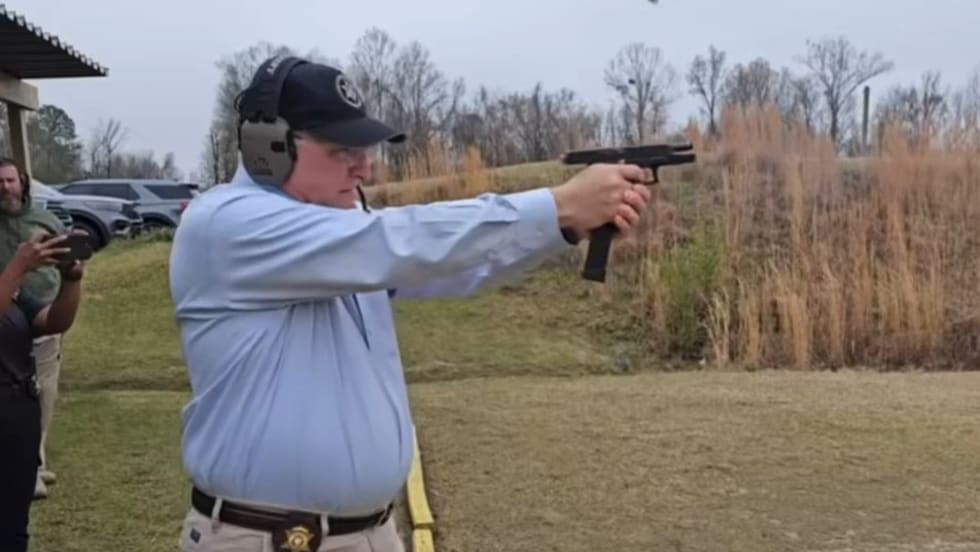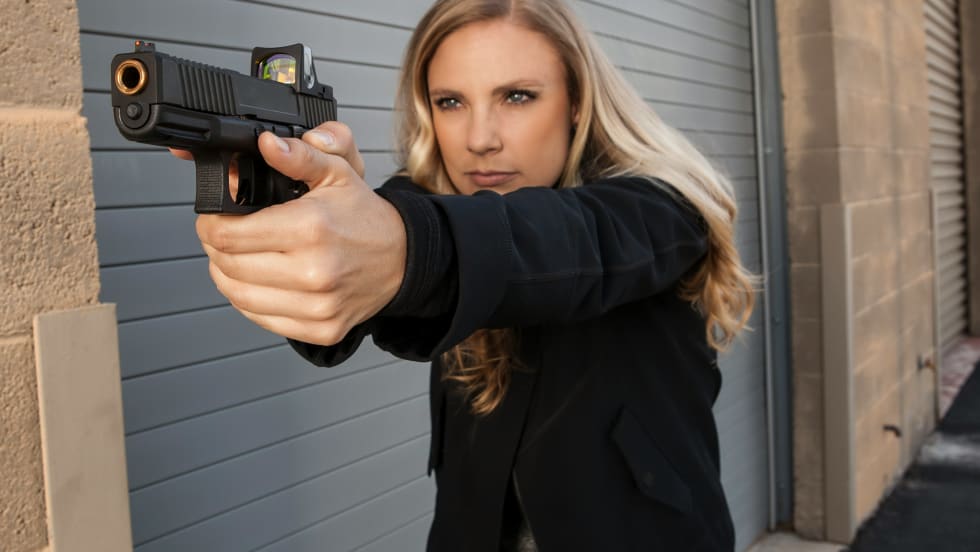When the federal government shut down on Oct. 1, the law enforcement credo “Officer Safety First” eluded executives at the HUD Office of the Inspector General (OIG). Rather than recognize the risks faced by its furloughed officers, HUD-OIG opted to make the special agents' non-pay status worse by snatching their guns away. This left approximately 300 special agents both unarmed and unpaid.
By ordering all furloughed special agents to store their government-issued weapons, the agency articulated its priority concern—its liability exposure if agents carried during the shutdown. The agency’s faulty reasoning was that all government "assets" needed to be turned in, and the agents would be outside their suspended scope if they were to carry government-issued weapons.
Not content at forcing agents to surrender their weapons, HUD-OIG then warned its agents they were prohibited from carrying their personally owned weapons with their government credentials. Agents were told they could carry their personally owned weapons on a state permit only.
Ten federal law enforcement agencies furloughed agents/officers during the shutdown, only HUD-OIG required agents to turn in their weapons. HUD-OIG agents have statutory 24/7 carry authority, and they routinely execute search and arrest warrants. Which means the possibility that they might bump into one of their former subjects is very real. Apparently, those executives sitting in comfortable chairs at HUD-OIG HQ were unable and unwilling to see this danger.
On Oct. 4 in an attempt to inspire HUD-OIG to reconsider its position, FLEOA General Counsel Larry Berger sent the agency a legal opinion in support of the need for the agents to continue carrying their firearms while furloughed. Berger went unanswered. HUD-OIG agents continued to communicate with FLEOA, expressing legitimate safety concerns. Unfortunately, Berger's opinion and the concerns of their officers went unanswered by HUD-OIG brass.
Perhaps both the legal logic and heartfelt concerns for agent safety expressed in Berger's legal opinion were too much for the HUD-OIG executive team to digest. To wit, Berger stated, "This directive creates an unacceptable risk to agent safety and is unnecessary in light of standing statutory authority, which authorizes special agents to conceal carry authorized weapons without regard to leave status."
In an attempt to clarify the agency command's misunderstanding regarding the agents' status, Berger wrote, "During any furlough period, individuals remain employees of the agency. Agents do not cease being employees or law enforcement officers during any furlough or off-duty periods."
Berger added: "While it is accurate that an agent in a furlough status is not authorized to further the agency mission, it is also the case that agents in a non-mission status (whether furloughed or otherwise) have the authority to use deadly force to protect individuals as well as themselves from harm."
FLEOA tried to broker a compromise to ensure the agents' safety. I sent an e-mail to the HUD inspector general and asked if the IG had time to briefly discuss this critical agent safety issue. Silence.
If the IG had taken that meeting, I was prepared to recommend the IG issue a memo to officers that they are permitted to carry their firearms for personal protection only. This would assuage the IG’s liability concerns while affording the agents the right to protect themselves during the furlough.
On Oct. 16th, I received a voicemail at FLEOA from an attorney at HUD-OIG. I asked my vice president to call him back, but the attorney was unwilling to speak to him. He communicated, in effect, that if I wanted to speak to him, I could call him myself.
Again, setting aside ego, FLEOA personnel attempted to communicate with the HUD-IG. Finally, on Oct. 25 (eight days after the furloughs ended), FLEOA received an e-mail from a HUD-OIG HQ secretary stating the IG was busy in November and wouldn't have time to meet.
FLEOA subsequently attempted to enlist President Obama’s and Vice President Biden’s support. Unfortunately we were told that ethics precluded the President or Vice President from intervening on agency policy issues.
So with the prospect of sequester furloughs ahead, HUD-OIG agents remain at great risk. In spite of HUD-OIG's misguided reticence, FLEOA will continue to advocate on behalf of the safety of the dedicated federal officers and agents in the field.


